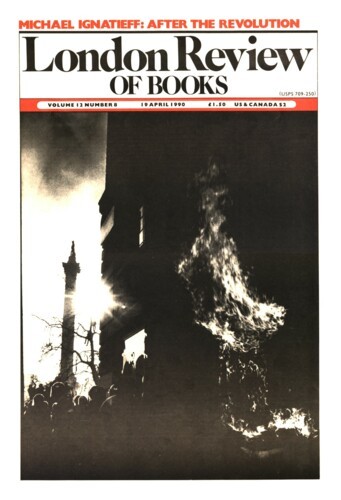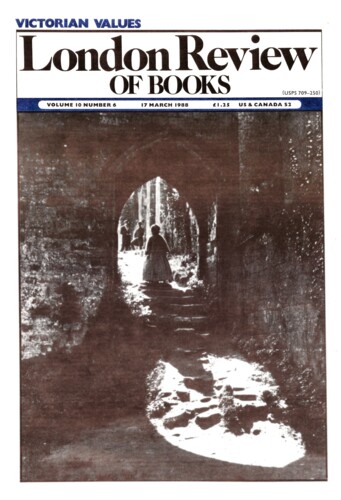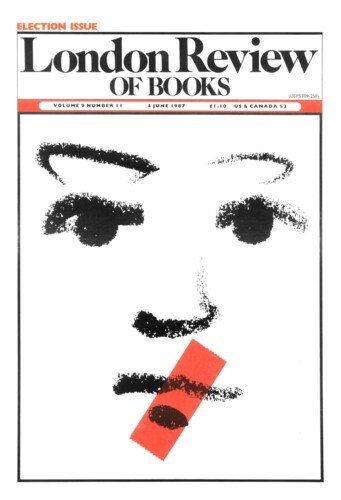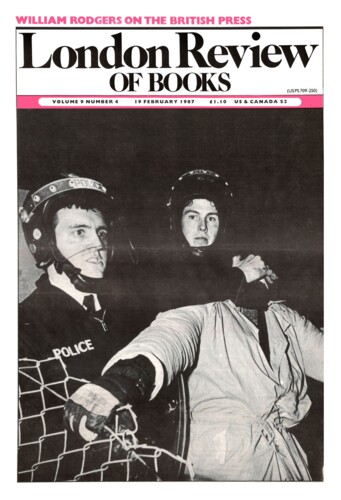Rendings
Edward Timms, 19 April 1990
As the debate about German identity enters a new phase, the work of Marcel Reich-Ranicki acquires a special interest. His career crosses several ideological frontiers: from Pilsudski’s Poland to Hitler’s Germany, from the Communist East to the capitalist West, from traditional Judaism to secular modernism, from radical dissent to conservative orthodoxy. For the last three decades Reich-Ranicki has been a dominant figure in West German literary journalism. His position in 1990, as he celebrates his 70th birthday, has a double aspect. For some his career is an exemplary instance of German-Jewish integration. For others it signals the end of a great tradition of critical dissent.




